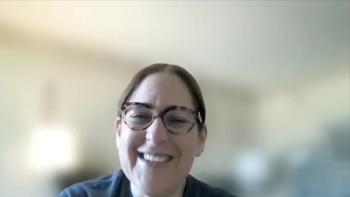
Julie Rodman, OD, MS, FAAO, previewed the Southeastern Educational Congress of Optometry (SECO) 2025 meeting by speaking about her keynote session.

Julie Rodman, OD, MS, FAAO, previewed the Southeastern Educational Congress of Optometry (SECO) 2025 meeting by speaking about her keynote session.

Reducing the number of intravitreal injections to treat age-related macular degeneration (AMD) is a top priority in current treatment research, says Paul Hahn, MD, PhD.
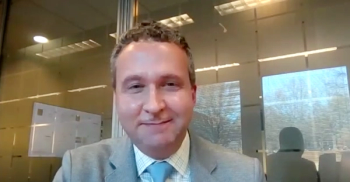
Jeffrey Stark, MD, vice president, head of medical immunology, UCB, discusses ongoing clinical trials and the development of real-world data to understand the effectiveness of bimekizumab-bkzx in a broader context.

Long COVID is the chronic manifestation of lasting symptoms of SARS-CoV-2 infection that can last for at least 3 months, with shortness of breath and system inefficiency often remaining central issues for many patients.

On this episode of Managed Care Cast, we speak with Arthur L. Jenkins III, MD, FACS, CEO of Jenkins NeuroSpine, to explore the intersection of advanced surgical care for sport-related neurospine injuries and managed care systems.

Jeffrey Stark, MD, vice president and head of medical immunology at UCB, analyzes the Bimzelx Navigate program, a comprehensive support system developed to empower patients prescribed bimekizumab-bkzx (Bimzelx; UCB).
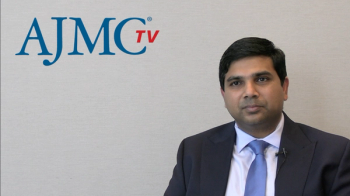
Therapy timing, patient factors, and emerging combination interventions are guiding treatment decisions in multiple myeloma and lymphoma.

On February 13, Allogene Therapeutics published new long-term follow-up data on cemacabtagene ansegedleucel, showing the investigative allogeneic chimeric antigen receptor (CAR) T-cell therapy produced durable responses in relapsed/refractory large B-cell lymphoma.
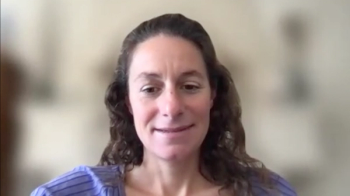
The rising frequency of natural disasters due to climate change could make health plans more susceptible to significant negative effects, according to Maria DeYoreo, PhD, of RAND Corporation.

Although histotripsy can successfully destroy tumors in the liver, longer-term data are still needed to see recurrence rates and overall survival, said Shaun P. McKenzie, MD, FACS, a surgical oncologist with Texas Oncology.
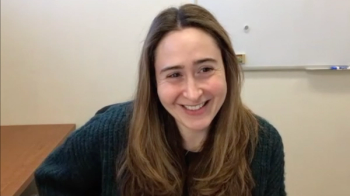
Although her recent study acknowledges potential differences between White and non-White patients with psoriatic arthritis (PsA), Rebecca Haberman, MD, NYU Langone Health, emphasizes the need for further research to understand what these differences are and why they occur.
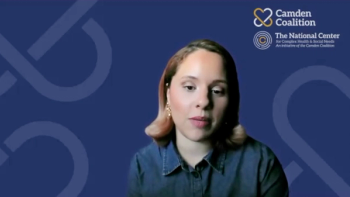
Gladys Antelo-Allen, Camden Coalition, shares the necessary skills to effectively equip supervisors to lead their teams and support individuals with complex health and social needs.

Knowing the risk factors of age-related macular degeneration (AMD) and consulting an ophthalmologist or optometrist can help to maintain vision, says Hasenin Al-khersan, MD.
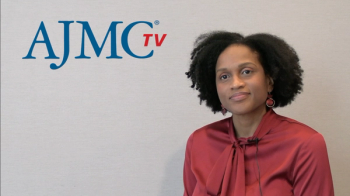
Jade E. Jones, MD, of Emory Winship Cancer Institute, shares how considering patients' travel needs, social services, and insurance concerns can help improve access to care.

The study found no evidence that geographically limited disasters significantly reduced annual quality performance scores, highlighting the resilience of these programs.
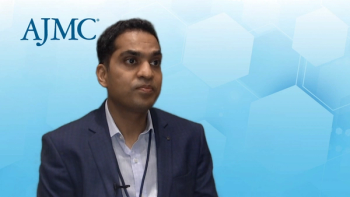
Eligibility issues, a need for better multidisciplinary collaboration, and a lack of incorporation in community practices are all barriers to the use of neoadjuvant chemotherapy followed by surgery for patients with primary urethral cancer, said Rohan Garje, MD.
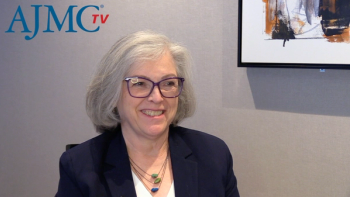
Susan Escudier, MD, FACP, discusses the impact of insurance coverage gaps, transportation barriers, and financial hardships on cancer care access and emphasizes the need for payers to better support patients at high risk.
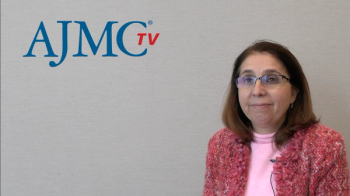
Ioana Bonta, MD, Georgia Cancer Specialists, discusses the evolving state of non-small cell lung cancer (NSCLC) treatments, their impact on patient outcomes, and the need to address ongoing disparities in these populations.

In the wake of novel bispecific and chimeric antigen receptor T-cell therapies for various cancers, geography still plays a big role in patients' abilities to receive such treatments.

In part 3 of this conversation, Karen Winkfield, MD, PhD, executive director of the Meharry-Vanderbilt Alliance, discusses why basic scientific research remains essential and how patient experiences contribute.

Aditya Bardia, MD, MPH, FASCO, medical oncologist, UCLA Health, provides new insights on the role of TROP2-directed antibody drug conjugates (ADCs) for patients with breast cancer.

The upcoming Supreme Court hearing on Braidwood Management v Becerra could affect how preventive services are covered by both public and private insurance.
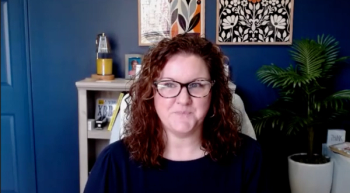
As enrollment shifts to the Affordable Care Act (ACA) marketplace following the unwinding of Medicaid and the Trump administration begins to implement health policy changes, Molly Dean, MSW, Siftwell's policy advisor, shares insight on how to adapt.

In part 4 of our interview, we learn more about nipocalimab’s safety profile and how this investigative agent might address unmet needs for patients with generalized myasthenia gravis.

Paul Hahn, MD, PhD, discussed signs and symptoms of age-related macular degeneration (AMD) during AMD Awareness Month.

The study aimed to assess the effect of localized disasters on health plan quality performance scores, according to lead investigator Maria DeYoreo, PhD, of RAND Corporation.
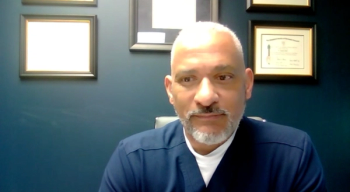
Antoine Keller, MD, founded HeartSense with the purpose of uncovering and addressing the cardiovascular needs of rural, often underserved communities.

Although psoriatic arthritis may be more prevalent in White patients, Rebecca Haberman, MD, of NYU Langone Health, emphasizes that the disease affects those across diverse racial and ethnic backgrounds.
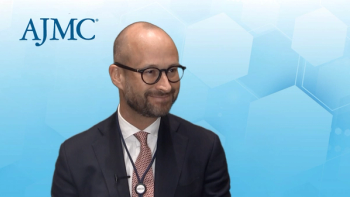
Real-world data confirmed the findings of JAVELIN Renal 101, supporting the combination of avelumab and axitinib in advanced renal cell carcinoma (RCC), said Axel Merseburger, MD, University Hospital Schleswig Holstein, Campus Lübeck, in Germany.

Susan Escudier, MD, FACP, explains some of the ways Texas Oncology mitigates financial toxicity and improve clinical trial access for underserved patients.

259 Prospect Plains Rd, Bldg H
Cranbury, NJ 08512
© 2025 MJH Life Sciences®
All rights reserved.
